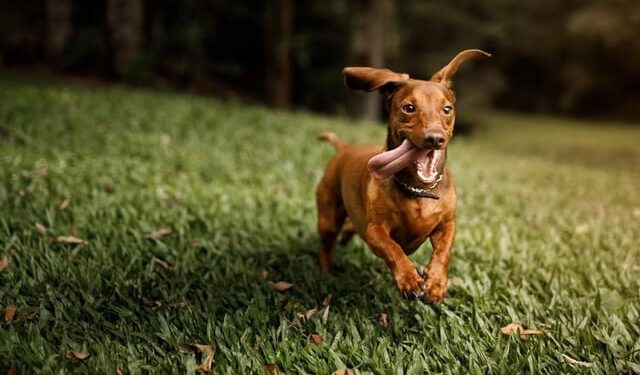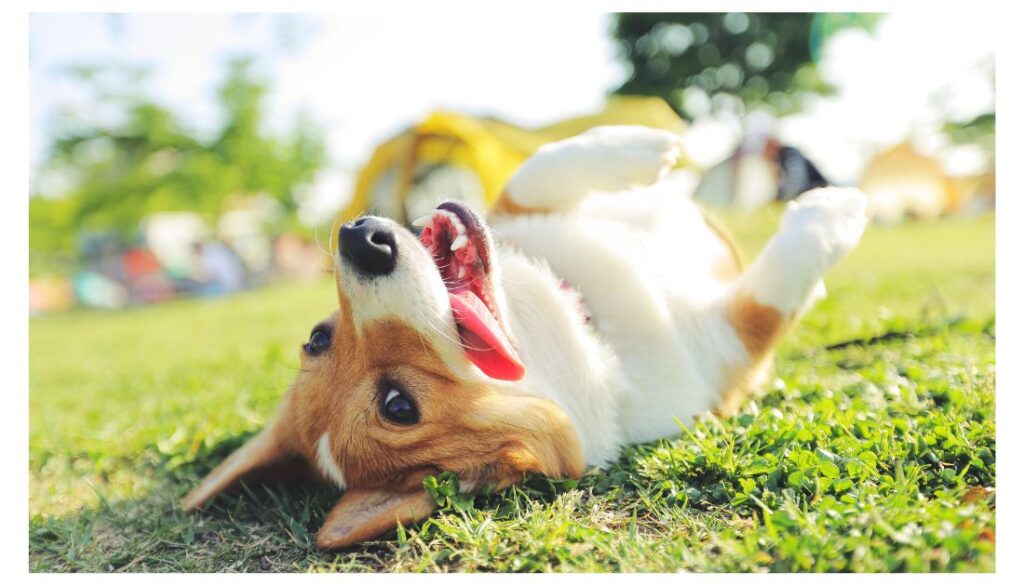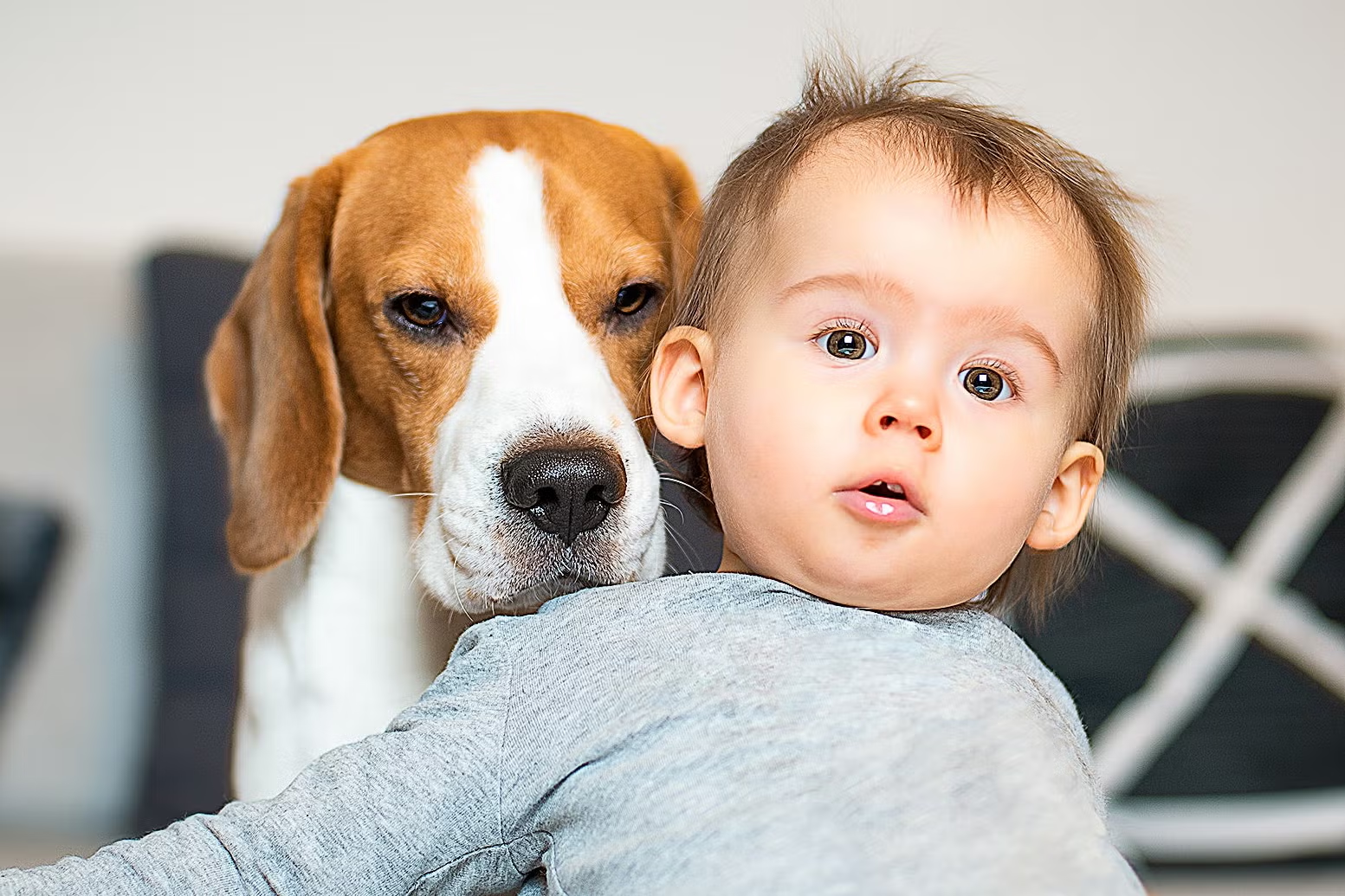Small dogs have always held a special place in the hearts of pet owners. Their compact size, combined with their often larger-than-life personalities, makes them irresistible to many. But what is it that truly defines the personality of small dogs? This article delves deep into the unique traits and behaviors that characterize these diminutive canines, offering a comprehensive look at their nature and what makes them such beloved companions.
The Charm of Small Dogs
When people think of small dogs, breeds like Chihuahuas, Pomeranians, and Dachshunds often come to mind. These dogs, despite their size, often exude a distinct charm that can be both endearing and surprising. Their personalities are as varied as their breeds, and understanding these can help potential dog owners make informed decisions when choosing a pet.
Intelligence and Trainability
Quick Learners
One of the standout traits of many small dog breeds is their intelligence. Breeds such as the Papillon and the Miniature Schnauzer are known for their quick learning abilities. These dogs are not only capable of learning basic commands but can also master complex tricks and tasks. Their sharp minds make them highly trainable, which is a boon for owners who wish to teach their pets a variety of behaviors.

Challenges in Training
However, their intelligence can sometimes pose challenges. Smart dogs often get bored easily, which can lead to mischievous behavior if not properly stimulated. It’s important for owners to engage their small dogs in regular training sessions and provide plenty of mental stimulation through puzzles and interactive toys.
Social Butterflies
Affectionate and Friendly
Small dogs are often extremely social and thrive on human interaction. Breeds like the Cavalier King Charles Spaniel and the Bichon Frise are renowned for their affectionate nature. These dogs love to be around people and can form strong bonds with their owners. They often enjoy being the center of attention and can be very affectionate, making them ideal companions for those who crave constant companionship.
Cautious Around Strangers
While many small dogs are friendly, some can be cautious or even wary around strangers. This cautiousness can sometimes be mistaken for aggression, but it usually stems from a protective instinct. Breeds like the Chihuahua are known to be particularly loyal and protective of their families, which can result in them being standoffish with unfamiliar people.
Energy Levels and Exercise Needs
High Energy Dogs
Despite their small size, many small dogs have high energy levels. Breeds such as the Jack Russell Terrier and the Miniature Pinscher are known for their boundless energy and need for regular exercise. These dogs require daily walks and play sessions to keep them physically and mentally fit. Without sufficient exercise, they can become restless and may exhibit undesirable behaviors such as excessive barking or chewing.
Lower Energy Breeds
On the other hand, some small breeds are quite content with a more sedentary lifestyle. Dogs like the Shih Tzu and the French Bulldog are often happy with moderate exercise and enjoy lounging around the house. These breeds can be ideal for owners with a less active lifestyle or limited space.
Vocal Tendencies
The Talkative Types
Small dogs are often known for being quite vocal. Breeds like the Pomeranian and the Yorkshire Terrier are notorious for their barking. This trait can be both a blessing and a curse. On one hand, their alertness makes them excellent watchdogs. On the other hand, excessive barking can be a nuisance if not properly managed. Training and socialization from a young age can help mitigate this behavior.

Quiet Companions
Not all small dogs are prone to excessive barking. Breeds such as the Basenji, which is known as the “barkless dog,” and the Italian Greyhound tend to be much quieter. These breeds are more likely to express themselves through other means, such as body language and occasional vocalizations.
Grooming and Maintenance
High-Maintenance Breeds
Grooming needs can vary significantly among small dog breeds. Dogs like the Poodle and the Maltese require regular grooming to keep their coats healthy and tangle-free. These breeds often need professional grooming services, which can add to the overall cost of ownership. Regular brushing, bathing, and trimming are essential to maintain their appearance and health.
Low-Maintenance Breeds
Conversely, some small dogs have minimal grooming needs. Breeds such as the Boston Terrier and the Beagle have short coats that require only occasional brushing and bathing. These breeds are often preferred by owners looking for a low-maintenance pet.
Health Considerations
Common Health Issues
Small dogs, like all breeds, are prone to certain health issues. Some common problems include dental disease, patellar luxation, and heart conditions. Regular veterinary check-ups are crucial to catch and treat these issues early. Owners should be aware of the specific health concerns associated with their chosen breed and take preventative measures to ensure their pet’s well-being.
Lifespan
One of the advantages of small dog breeds is their typically longer lifespan compared to larger breeds. Many small dogs can live well into their teens, providing years of companionship and joy. This longer lifespan means that owners should be prepared for the long-term commitment of caring for their pet.
Adaptability
Living Arrangements
Small dogs are often more adaptable to different living arrangements compared to their larger counterparts. They can thrive in apartments, condos, and houses with limited yard space. Breeds like the Pug and the Cocker Spaniel are well-suited for city living, provided they receive adequate exercise and mental stimulation.

Traveling Companions
Many small dogs make excellent travel companions due to their size and adaptability. Breeds like the Shih Tzu and the Dachshund are often easier to transport and can adjust well to new environments. This makes them ideal pets for people who travel frequently or enjoy taking their pets on trips.
Interaction with Children and Other Pets
Kid-Friendly Breeds
Some small dogs are particularly good with children. Breeds like the Beagle and the Havanese are known for their gentle and playful nature, making them great companions for families with young kids. These dogs are often patient and enjoy engaging in playtime, which can help build a strong bond between the pet and the child.
Caution with Tiny Breeds
However, very small breeds can be more fragile and may not tolerate rough handling by young children. Breeds such as the Chihuahua and the Toy Poodle require gentle handling and may be better suited to households with older children who understand how to treat pets with care.
Compatibility with Other Pets
Small dogs can also get along well with other pets, provided they are properly socialized. Breeds like the Papillon and the Shetland Sheepdog are generally friendly and can coexist peacefully with other dogs and even cats. Early socialization and training are key to ensuring that small dogs develop positive relationships with other animals in the household.
Individual Personalities
Unique Traits
While breed characteristics can provide a general idea of a dog’s personality, it’s important to remember that each dog is an individual. Factors such as upbringing, training, and environment play a significant role in shaping a dog’s behavior. Owners should take the time to understand their pet’s unique traits and work with them to bring out the best in their personalities.

Importance of Early Socialization
Early socialization is crucial in developing a well-rounded small dog. Exposing puppies to a variety of people, places, and experiences can help them grow into confident and well-behaved adults. Puppy classes, playdates, and positive reinforcement training are all excellent ways to ensure that small dogs become well-adjusted members of the family.
Conclusion
Unveiling the personality of small dogs reveals a world of diversity and charm. These diminutive canines may be small in stature, but they possess a wide range of traits that make them fascinating and beloved pets. From their intelligence and trainability to their social nature and adaptability, small dogs bring joy and companionship to countless households. Understanding the unique personality traits of small dogs can help potential owners find the perfect pet to fit their lifestyle, ensuring a happy and fulfilling relationship for both dog and owner.





















